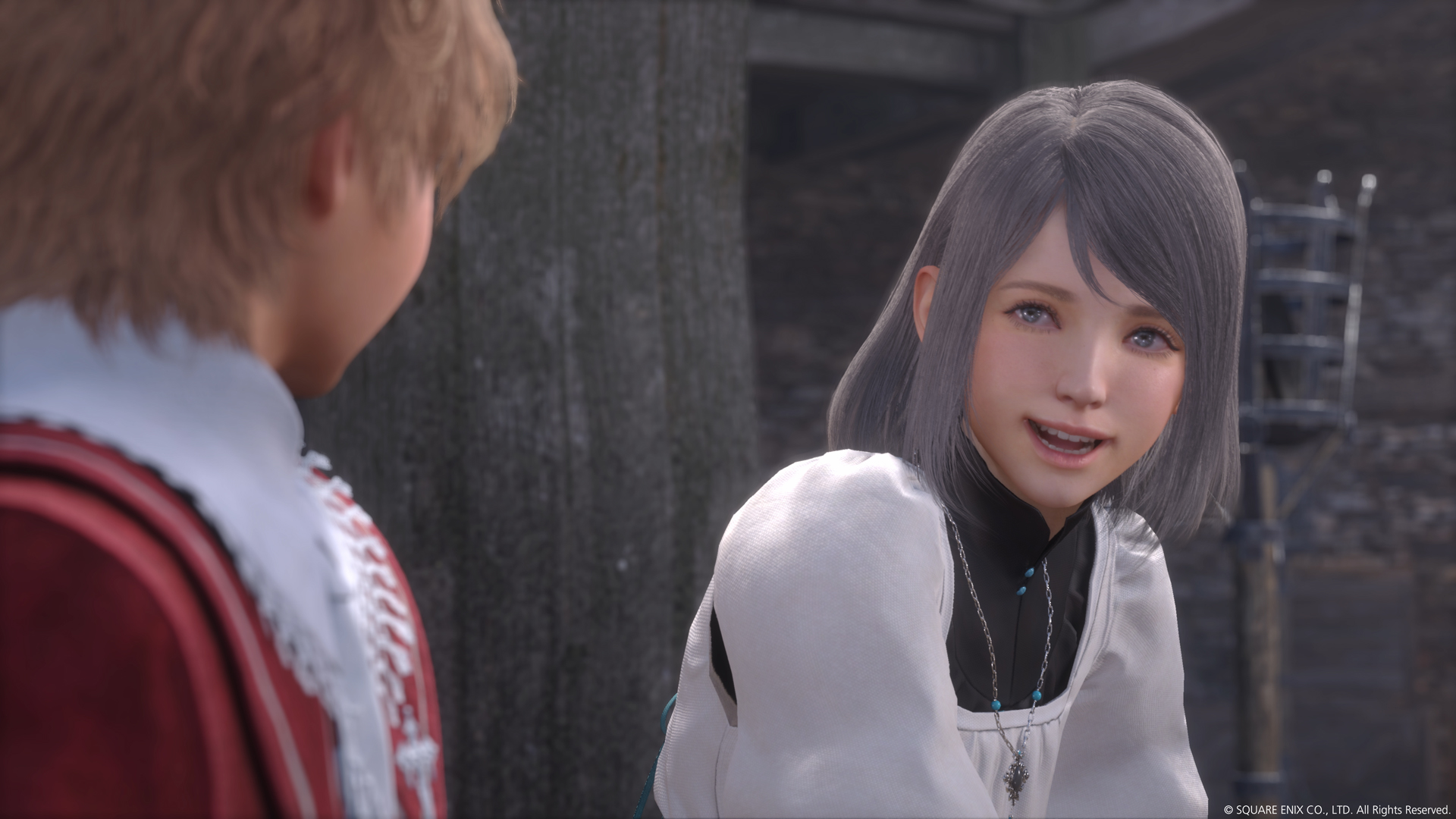Final Fantasy 16 dev says answer to diversity concerns might be "disappointing," gives disappointing answer
Final Fantasy 16 isn't very ethnically diverse due to the game's setting, producer says

Final Fantasy 16 producer Naoki Yoshida has suggested the game won't feature an ethnically diverse cast of characters due to its geographically limited setting.
In an interview with IGN, Yoshida was asked whether players can expect more people of color in Final Fantasy 16 than we've seen in trailers for the game, which has seen some criticism for its mostly white cast of characters. The developer admitted the the question was "difficult" and said his answer might be "disappointing to some depending on individual expectations."
Yoshida explained that the inspiration behind the game's less global setting is restricted to medieval Europe and "the historical, cultural, political, and anthropological standards" therein.
"Due to the underlying geographical, technological, and geopolitical constraints of this setting, Valisthea was never going to realistically be as diverse as say a modern-day Earth... or even Final Fantasy XIV that has an entire planet worth of nations, races, and cultures at its disposal," Yoshida said. "The isolated nature of this realm, however, does end up playing a large part in the story and is one of the reasons Valisthea’s fate is tied to the rest of the world."
He goes on to argue that "over-incorporation [of ethnic diversity] into this single corner of a much larger world could end up causing a violation of those narrative boundaries we originally set for ourselves. The story we are telling is fantasy, yes, but it is also rooted in reality."
Realism has been used as a blanket explanation for a lack of diversity many times, and here again it doesn't hold up well, especially coming from such a fantastical game that's taken great liberties with other elements of its pseudo-European setting – not that a total or near-total lack of people of color in medieval Europe is realistic to begin with.
Yoshida stressed that Final Fantasy has always featured conflicts between the powerful and privileged and those they exploit, and that giving players a front-row seat to that conflict can make it "challenging to assign distinctive ethnicities to either antagonist or protagonist without triggering audience preconceptions, inviting unwarranted speculation, and ultimately stoking flames of controversy."
"In the end, we simply want the focus to be less on the outward appearance of our characters and more on who they are as people – people who are complex and diverse in their natures, backgrounds, beliefs, personalities, and motivations," he added. "People whose stories we can resonate with. There is diversity in Valisthea. Diversity that, while not all-encompassing, is synergistic with the setting we’ve created and is true to the inspirations from which we are drawing."
Sign up to the GamesRadar+ Newsletter
Weekly digests, tales from the communities you love, and more
While the Final Fantasy series has never been stellar for representation, some fans are understandably disappointed to hear that the next installment not only doesn't push the franchise forward in this regard, but can even be seen as a step backward compared to games like Final Fantasy 7 (and Remake) and 14. How Final Fantasy 16's story and characters hold up despite this remains to be seen.
We also heard today that Final Fantasy 16 is about 95% done and that a demo is in the works.
After scoring a degree in English from ASU, I worked as a copy editor while freelancing for places like SFX Magazine, Screen Rant, Game Revolution, and MMORPG on the side. Now, as GamesRadar's west coast Staff Writer, I'm responsible for managing the site's western regional executive branch, AKA my apartment, and writing about whatever horror game I'm too afraid to finish.
- Austin WoodSenior writer



